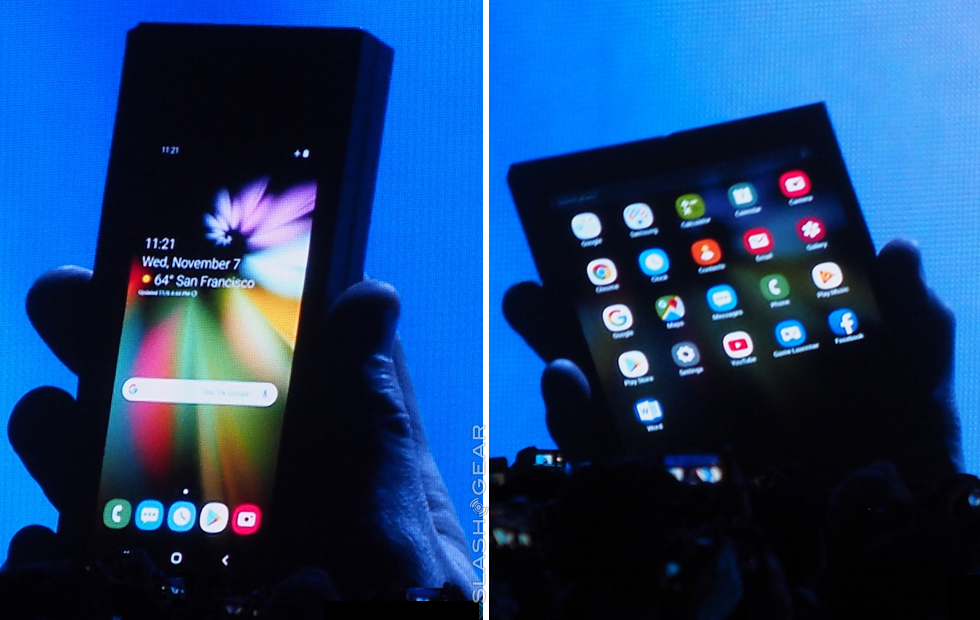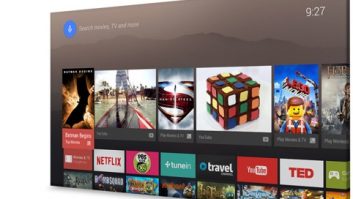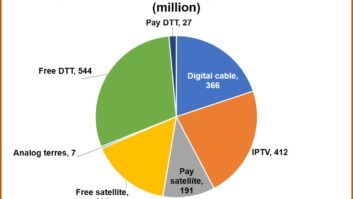Samsung has unveiled its first flexible smartphone at an event in San Francisco.
It described its Infinity Flex Display as “the foundation of the smartphone of tomorrow” and said it intended to start production within months.
The evolution of the smartphone, and its screen, has had a huge impact on the media and entertainment industry, particularly in terms of mobile video.
According to Stephen Mears, analyst at Futuresource, foldable phones probably won’t have that much of an impact to begin with: “The limited initial uptake of flexible phones will dull any impact larger screens may have on the online video industry,” he tells TVBEurope.
“With only low levels of ownership expected in the next 2-3 years, flexible displays won’t create any new opportunities or challenges for media providers initially. Furthermore, media players and other video apps are generally developed for use on both the smartphone and tablets, meaning that larger screens are already catered for by software thanks to the tablet.”

Mears says the smartphone is generally used as a secondary video consumption device, with consumers choosing to watch long format online videos on Smart TVs opposed to personal devices. “There is certainly a strong appetite for video on mobile devices and technologies such as 5G and flexible displays will improve the overall experience of consuming content on the go,” he continues.
“There is a growing trend of users downloading content to watch offline and on-the-go, with 49 per cent of Amazon users across the US, UK, France and Germany occasionally or regularly downloading content to watch later. A flexible display smartphone would enhance the viewing experience, with the ability to download and watch content on a larger screen.”
In the short term, and on a worldwide basis, flexible displays won’t have a significant impact on traditional TV, predicts Mears.
“Flexible displays would allow users to own a larger screen in a device that is already very widely owned and seen as a necessity product. We expect the impact for this kind of market would be a faster adoption of flexible display smartphones, opposed to a significant change in viewing habits,” he says.
“With smartphone prices increasing, there is only limited room in a consumer’s mobile technology budget. It is expected that flexible smartphones will have more of an impact on the sales of tablets and video consumption from tablets, opposed to traditional TV.”
Mears concludes, “Flexible displays are an exciting new technology, however will certainly be a niche product until consumers are convinced of the benefits compared to standard handsets.”







